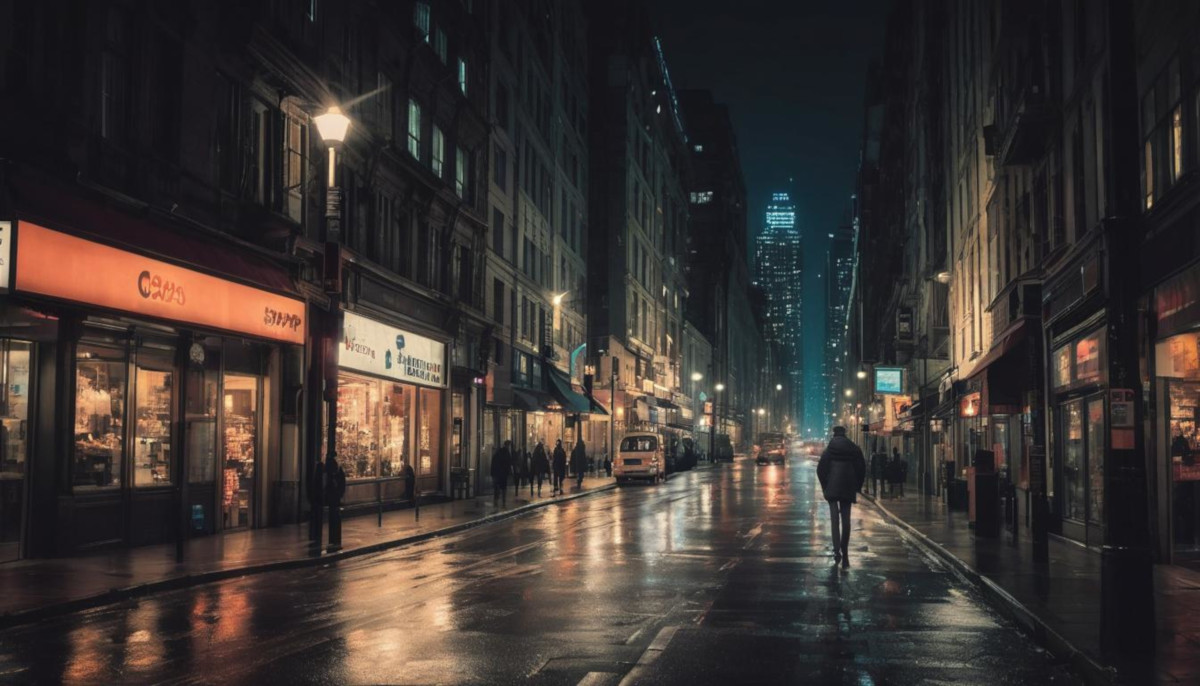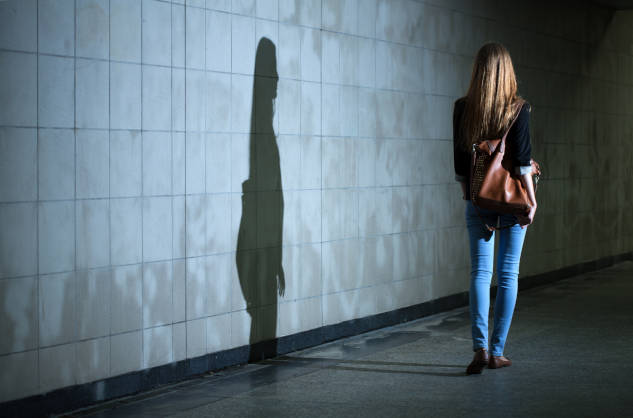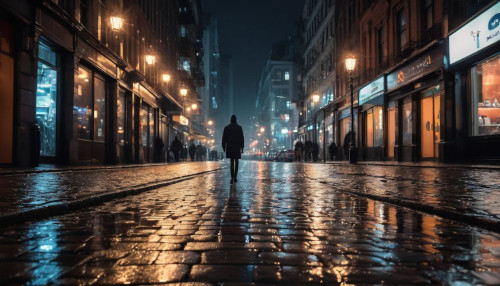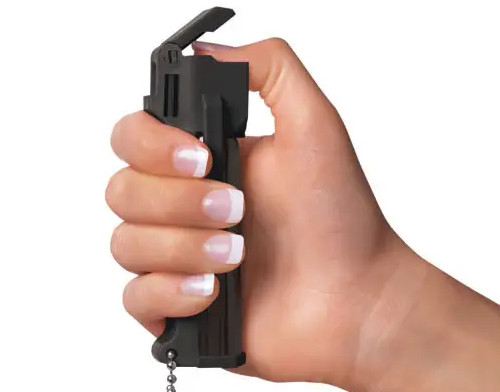Walking Alone at Night: Essential Safety Tips & Self-Defense Tools for Protection

Walking alone at night can feel unsettling, whether you're heading home from work, out for an evening jog, or exploring a new city. Low visibility, isolated areas, and potential threats make nighttime travel riskier, but proper preparation and awareness can help you stay safe.
At TBOTECH, we believe that being prepared is the best defense. Whether it’s choosing safe routes, staying alert, or carrying self-defense tools, a proactive approach can keep you protected. Below, we’ll cover practical safety tips and recommend essential self-defense products to ensure your peace of mind when walking alone at night.

Why Walking Alone at Night Can Be Risky
- ✔ Low Visibility: Poor lighting makes it harder to see potential threats.
- ✔ Fewer People Around: Fewer bystanders mean fewer witnesses or help nearby.
- ✔ Increased Crime Risk: Criminals target individuals in quiet or isolated areas.
Real-Life Example:
Lila, a young professional, used to take poorly lit shortcuts on her way home. One night, an unknown figure followed her. She trusted her instincts, turned around, and walked toward a well-lit gas station, avoiding a potentially dangerous situation. After this, she changed her routine to use only safe, populated paths.

How to Walk Home Safely at Night: 6 Essential Safety Tips
1. Choose Well-Lit, Populated Routes
- ➤ Stay on Main Streets: Stick to well-lit roads with open businesses.
- ➤ Avoid Alleys & Empty Lots: Criminals seek secluded areas for easy targets.
- ➤ Walk Near Streetlights: Darkness provides cover for threats.
2. Stay Alert & Avoid Distractions
- ➤ Put Away Your Phone: Avoid texting or scrolling while walking.
- ➤ Ditch the Headphones: You need to hear what’s around you.
- ➤ Observe People & Cars: Look for unusual behavior or vehicles following you.
3. Carry Self-Defense Tools for Protection
- ➤ Pepper Spray: Quickly incapacitates attackers from a distance.
- ➤ Tactical Flashlight: Can temporarily blind an attacker and light your path.
- ➤ Personal Alarm: Emits a loud sound to attract attention and scare threats.
Recommended Product:
➡ Mace® Triple Action Pepper Spray – Combines pepper spray, tear gas, and UV marking dye for maximum protection.
4. Trust Your Instincts & Have an Escape Plan
- ➤ If Something Feels Off, Leave: Cross the street or enter a store.
- ➤ Know Safe Havens: Identify 24-hour businesses, police stations, or hospitals.
- ➤ Walk with Confidence: Attackers target those who seem vulnerable.
5. Keep Someone Informed of Your Route
- ➤ Share Your Location: Use a live tracking app (e.g., Life360, Find My iPhone).
- ➤ Call a Friend: Let someone know your ETA and check in when you arrive.
- ➤ Set Up Emergency Speed Dial: Have 911 or a trusted contact ready.
6. Be Ready to Act in an Emergency
- ➤ Yell for Help: Drawing attention can deter attackers.
- ➤ Use Your Self-Defense Tool: Be ready to use your flashlight, pepper spray, or stun gun.
- ➤ Run Toward Safety: Find a crowded area or a secure location.
Best Self-Defense Products for Walking at Night
1. Tactical Flashlight – Illuminate & Defend
➤ Blinds attackers with bright light.
➤ Helps you see your surroundings clearly.
➤ Can be used as an impact tool for self-defense.
Recommended Product:
➡ CREE Tactical Flashlight – Ultra-bright 1000-lumen flashlight with strobe mode for disorienting threats.
2. Pepper Spray – Effective & Easy to Carry
➤ Disables an attacker from several feet away.
➤ Easy to carry in your pocket or on a keychain.
➤ Legal in most states for personal protection.
Recommended Product:
➡ Mace® Triple Action Pepper Spray
Mace Personal Model Triple Action Pepper Spray
Final Thoughts: Stay Safe, Stay Prepared
Walking alone at night doesn’t have to be dangerous if you stay aware, plan your route, and carry the right self-defense tools. Your best defense is preparation—by following these tips and equipping yourself with the right safety gear, you can feel confident and secure wherever you go.
➡ Explore our full collection of self-defense tools at TBOTECH.com.
Add your comment now!
Post CommentRecent posts
-
03/12/2025Best Stun Guns for Self-Defense in 2025
-
03/11/2025How to Prevent Kidnapping – Top Safety Tips
-
03/11/2025What Do Rapists Look For? 10 Red Flags to Avoid

